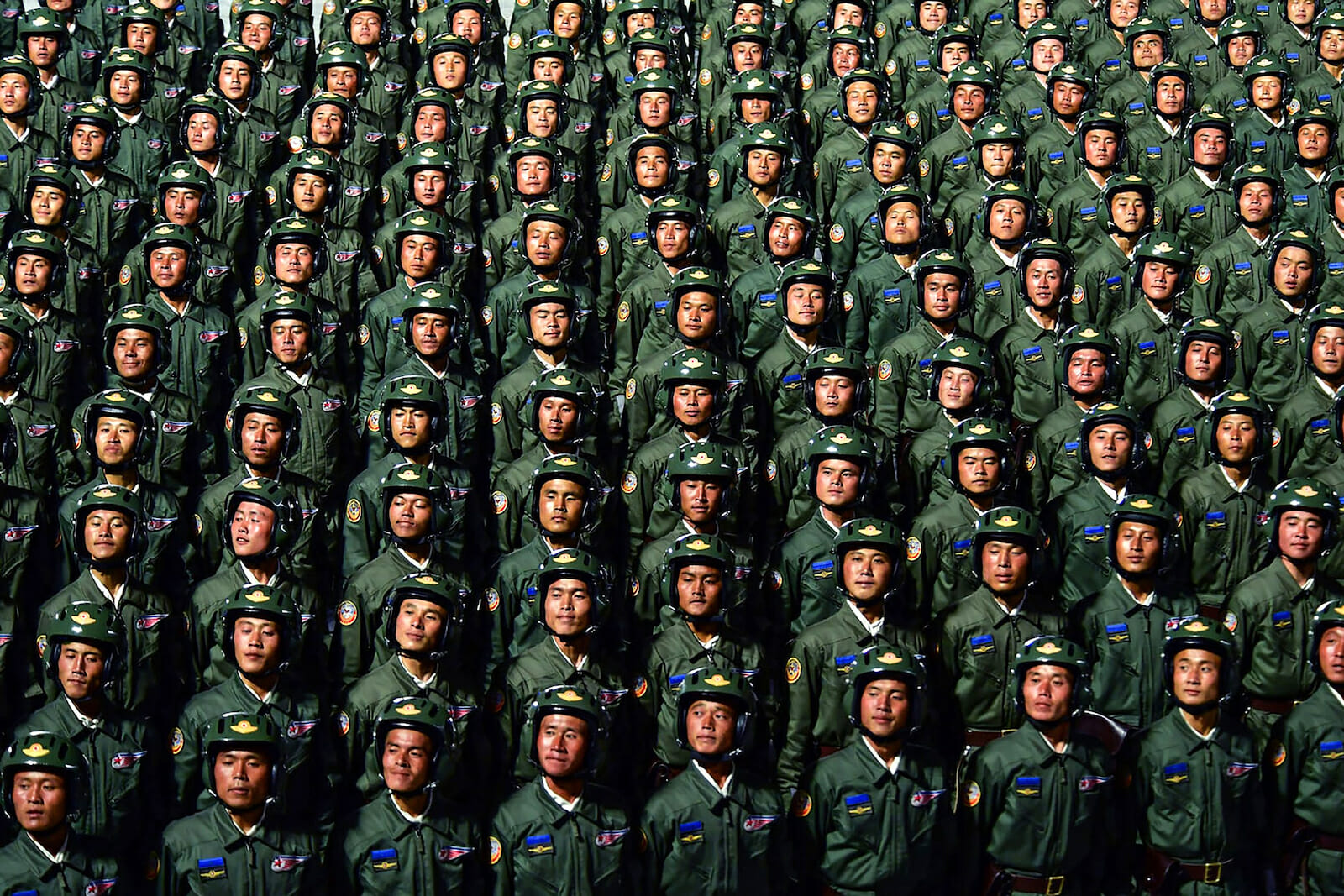
A North Korean Human Rights Opportunity, Who will Make this a Priority?
In early December 2020, South Korea passed a new “Anti-Leaflet” law that fines and imprisons anyone that knowingly sends anti-North Korea information into the “hermit kingdom.” This is the latest in a concerning pattern of crackdowns from the South Korean government on NGOs that focus on human rights in North Korea. The passage of this law has ignited a flurry of comments from experts on North Korean human rights both for and against this measure. For those that operate in the nonprofit world there are two questions that continue to permeate the conversation, when and where will North Korean human rights finally take priority?
2021 presents a timely opportunity for China to tackle the North Korean human rights issue of forced refugee repatriation. The Sino-North Korean Mutual Aid and Cooperation Friendship Treaty also known simply as the Friendship Treaty, lays the groundwork for China’s repatriation of North Korean refugees and is one of the last legal barriers to ending this practice. Originally signed in 1961, the treaty is reevaluated every twenty years, meaning there is an opportunity to renegotiate and perhaps amend this treaty in 2021.
Times have changed since 1961 when both China and North Korea were developing nations under the Soviet Bloc with restricted access to international organizations. Today, China has the largest armed forces and the second-largest economy in the world and enjoys membership in the WTO, IMF, United Nations, and numerous other international organizations. China’s acceptance by the international community has come with a number of obligations, many of which are threatened due to China’s continued prioritization of its bilateral treaties with North Korea.
In 1971, China was invited to join the United Nations and has wielded a great deal of power in the UN Security Council and General Assembly. They have signed onto and ratified numerous UN treaties including the UN Convention and Protocol Relating to the Status of Refugees; the Convention on the Elimination of All Forms of Discrimination against Women (CEDAW); the Convention against Torture and Other Cruel, Inhuman or Degrading Treatment or Punishment (CAT); and, the Convention on the Rights of the Child (CRC).
Despite signing onto the UN Convention and Protocol Relating to the Status of Refugees, China refuses to recognize North Korean migrants as refugees and repatriates them back to North Korea where they face imprisonment, torture, sexual assault, and now, due to COVID-19, execution. The situation created by the Friendship Treaty has placed China in violation of all of the above treaties, opening the country up to international scrutiny.
The forceful repatriation of North Korean refugees has created considerable security challenges for both China and the international community. China now has between 100,000 and 300,000 North Koreans residing in-country with no known location or identification. Numerous international human rights nonprofits and religious organizations operate illegally in China to smuggle North Koreans out of the country, actively undermining Chinese authorities. Criminal enterprises have moved into China’s border region to lure and traffic vulnerable North Koreans.
Children born to trafficked North Korean women and Chinese men contribute to a growing generation of stateless children who lack access to citizenship, education, and healthcare because registering their births would mean the repatriation of their mothers. Security threats to the international community include Joseonjok, ethnic Korean-Chinese, posing as North Korean refugees in order to reap resettlement benefits in South Korea, as well as North Korean agents posing as refugees to gain access to resettlement systems and government information in foreign countries. As a nation that values sovereignty and security, this is not an ideal situation for China.
Although China does not actively accept refugees, in 2012 they added the right to apply for asylum to their Exit-Entry law and granted UNHCR access to manage all 300,000 applications for refugee status or asylum in China, North Koreans excluded. If China had followed the guidelines of the UN Convention and Protocol Relating to the Status of Refugees, the UNHCR would have set up centers for North Koreans to access without fear of retribution or repatriation. These asylum centers could process applications, vet refugee stories, conduct medical examinations, and resettle these refugees in a third country. By prioritizing the Sino-North Korea Friendship Treaty and subsequent Border Area Treaties over international commitments, China has jeopardized its national security and further tarnished its reputation on human rights as a member of the international community.
The human rights abuses that occur in North Korea are well documented and every year thousands attempt to flee the brutal regime. For those that make it across the North Korean border into China, they face human trafficking, imprisonment, repatriation, torture, and death. The pandemic has made escape attempts from North Korea insurmountable, yet even before COVID-19 nationalistic policies across the globe saw refugee acceptance rates drop. In South Korea where the majority of North Koreans resettle, financial benefits have been cut, access to new arrivals thwarted, and now a restriction of civil liberties on resettled North Koreans in South Korea.
The North Korean diaspora means that North Korean human rights are no longer just a North Korean issue; it is an issue in China, South Korea, and the U.S. To address North Korean human rights is a daunting task that politicians have shied away from for decades, the question is when and where must the first step in addressing this issue take place? 2021 offers up a potential win for North Korean human rights in China with the renegotiation of the Friendship Treaty to end indiscriminate forceful repatriations and allow the UNHCR access to North Korean asylum and refugee requests.

